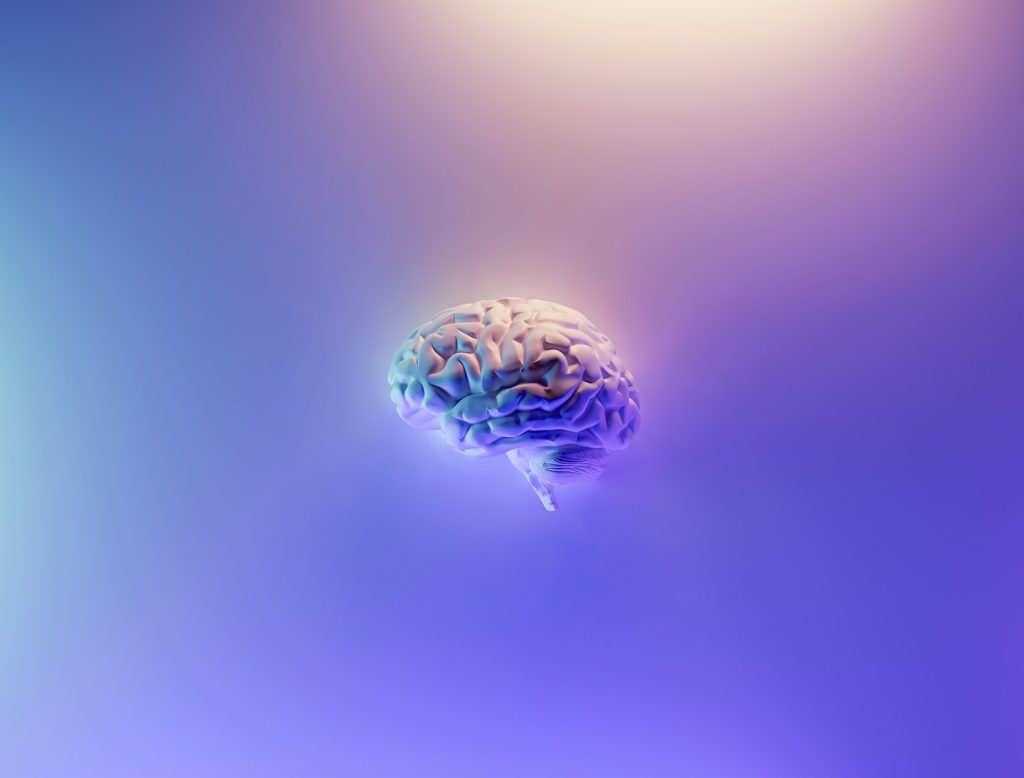The human brain is one of the most complex and fascinating organs in the body. It controls our thoughts, emotions, movements, and sensory experiences. The brain is responsible for our ability to learn, reason, and remember information, and it also plays a critical role in our perception of the world around us.
The brain is made up of approximately 75% water and is comprised of more than 100 billion neurons, which communicate with one another through electrical and chemical signals. These neurons form intricate networks that allow us to process and store information, and they are capable of forming new connections and rewiring themselves, even in adulthood. This process is known as neuroplasticity.
Sleep is important for the brain to consolidate memories and clear out toxins. When we sleep, the brain sorts through the information it has acquired during the day, and stores the most important information in long-term memory. The brain is also capable of processing information from multiple senses at the same time, such as sight and sound, and can associate different sensory experiences, such as linking a certain smell with a certain memory.
The brain is capable of processing information from both the conscious and unconscious mind. It can perceive patterns in information even when the information is not consciously being processed, and has a unique way of organizing information, such as grouping similar experiences together into memories. The brain can process information and make decisions before a person is even aware of it, and its perception of time is subjective and can change based on a person’s attention and emotions.
The brain is capable of creating vivid and detailed visual hallucinations, and has a unique way of organizing and categorizing information about people, such as organizing information based on relationships and personality traits. It can store and recall multiple types of information, such as visual, auditory, and physical sensations, in a single memory, and can recall memories from years or even decades ago with vivid detail.
Here are 50 facts about the brain:
- The brain is the most complex organ in the human body, containing over 100 billion neurons.
- The brain is responsible for regulating all of the body’s functions, from breathing to movement to emotions.
- The human brain is about three times larger than the brain of other primates, relative to body size.
- The brain uses 20% of the body’s total energy, even though it only makes up 2% of the body’s weight.
- Neurons can send signals at speeds of up to 200 miles per hour.
- The brain can generate enough electricity to power a small light bulb.
- The left side of the brain controls the right side of the body, and vice versa.
- The brain is capable of creating new neurons and forming new connections throughout a person’s lifetime, a process known as neuroplasticity.
- The brain is capable of generating its own electrical and chemical signals, even in the absence of input from the senses.
- The brain can store an almost limitless amount of information, but it has trouble distinguishing between important and unimportant information.
- The average person has about 60,000 thoughts per day, and 95% of them are the same as the thoughts from the day before.
- The human brain is capable of recognizing up to 50,000 different scents.
- The brain has a “negativity bias,” meaning it pays more attention to negative experiences than positive ones.
- The brain is capable of creating vivid and detailed imaginary experiences, such as when daydreaming or reminiscing.
- The brain can only process a limited amount of information at once, which is why multitasking can be difficult and can lead to decreased productivity.
- Different regions of the brain are specialized for specific functions, such as language processing or vision.
- The brain processes visual information 60,000 times faster than text.
- The brain can still function for up to 10 seconds after the heart has stopped, which is why people may still be conscious after cardiac arrest.
- The brain can change the structure and function of neurons in response to environmental stimuli, such as learning or exposure to drugs.
- The brain can make decisions and take action before a person is even consciously aware of it.
- The human brain is capable of recognizing faces, even among hundreds of thousands of other objects.
- The brain is capable of creating false memories and experiences, which is why eyewitness testimony is often unreliable.
- The brain is capable of retaining information for an extended period of time through the process of consolidation, where memories are transferred from short-term to long-term storage.
- The brain can create new pathways to bypass damaged areas, a process known as neurogenesis.
- The brain continues to develop and change throughout a person’s lifetime, and the experiences a person has can shape their brain for better or for worse.
- The brain is made up of approximately 75% water.
- The brain is capable of forming new connections and rewiring itself, a process known as neuroplasticity, even in adulthood.
- Sleep is important for the brain to consolidate memories and clear out toxins.
- The brain can make associations between different sensory experiences, such as linking a certain smell with a certain memory.
- The brain can process information from multiple senses at the same time, such as sight and sound.
- The brain’s ability to store and recall memories decreases as a person ages.
- The brain is capable of processing information from both the conscious and unconscious mind.
- The brain can perceive patterns in information even when the information is not consciously being processed.
- The brain has a unique way of organizing information, such as grouping similar experiences together into memories.
- The brain can process information and make decisions before a person is even aware of it.
- The brain can associate music with memories and emotions, creating powerful musical memories.
- The brain’s perception of time is subjective and can change based on a person’s attention and emotions.
- The brain can change and adapt to new experiences and environments throughout a person’s lifetime.
- The brain has a unique way of processing and categorizing visual information, such as organizing objects based on their color, shape, and size.
- The brain’s ability to process information and make decisions can be influenced by emotions and prior experiences.
- The brain’s perception of pain is subjective and can be influenced by a person’s thoughts and emotions.
- The brain is capable of creating vivid and detailed visual hallucinations.
- The brain has a unique way of organizing and categorizing information about people, such as organizing information based on relationships and personality traits.
- The brain is capable of processing and storing information about movements and physical sensations, allowing a person to perform tasks such as riding a bike or playing a musical instrument.
- The brain can store and recall multiple types of information, such as visual, auditory, and physical sensations, in a single memory.
- The brain can recall memories from years, or even decades, ago with vivid detail.
- The brain can process information and make decisions even when a person is asleep.
- The brain’s perception of reality can be altered by drugs or changes in brain chemistry.
- The brain can process and store memories in a hierarchical manner, with more important memories being stored in long-term memory and less important memories being stored in short-term memory.
- The brain’s ability to store and recall memories can be influenced by a person’s attention and motivation, as well as the emotional significance of the memory.
In conclusion, the human brain is a complex and fascinating organ that plays a critical role in our lives. It is capable of processing and storing vast amounts of information and has a unique way of organizing and perceiving the world around us. Understanding more about the brain and its functions can help us to better understand ourselves and the world we live in.








